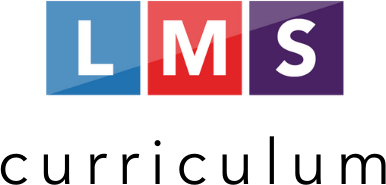eat
by Roscoe Burnems

Writing Workshop
Workshop Title: eat
Step 1
Have your students think of something that people need to have more of. Or something that people need to accept more readily. Say, “What is it? Why do people need more of it?” Then give them time to explain.
Step 2
Read “eat” by Roscoe Burnems. When you’re done, briefly discuss the point of the poem and what he is telling the implied audience to “eat.”
Step 3
Say, “Take a bit of time to think of something that people need to ‘consume’ more of, something similar in sentiment to what the speaker suggested in ‘eat.’ While you’re brainstorming, try to think of the different reasons why consuming this ‘thing’ would benefit the person you’re speaking with.” Then give them 10 minutes to brainstorm.
Step 4
Ask your students to write a poem that encourages their audience to “eat” something metaphorical, something that is ultimately beneficial for that person’s health and well-being.
Step 5
When the students are done, have them share their responses with one another.
Analytical Lesson
Area of Focus: Various
Step 1
This lesson allows students to analyze various concepts and skills, so it is recommended that you have covered several of the “standalone” lessons before assigning this one. The prominent literary devices & techniques that this particular poem includes are diction, syntax, figurative language, and tone.
Step 2
Show your students the following set of memes. Then ask your students what the memes suggest about English teachers.
Step 3
Read “eat” by Roscoe Burnems. When you’re done, ask your students to develop some wild theories about the text, theories so implausible that only a “crazy English teacher” would be able to come up with them. An example would be, “He said the word ‘eat,’ multiple times throughout the text, so, by repeating the command over and over, the poet is encouraging the act of binge eating,” or something to that extent.
Step 4
Have your students open the following document and read through the introduction and instructions with them. In this assignment, your students are going to have to look at several “misinterpretations” of the text and explain why those claims aren’t defensible or plausible. Then give your students time to work on the assignment.
Step 5
Have your students share their responses with the rest of the class.
When the students are done sharing, ask them why they thought that their interpretations were more valid than what was provided in the “crazy English teacher” column. Try to facilitate a conversation about the act of literary analysis and what it entails, if done correctly.
*Try to steer the conversation toward the understanding that literary analysis doesn’t entail developing a theory or belief about a text’s meaning without tangible support. So many students just assume that English teachers are in the business of making stuff up; hopefully, by just having refuted a few wild claims in the assignment, they’ll have a more nuanced understanding of the act of literary analysis.
Essay Materials
Lesson Details
Lesson Info
Focus
- Various
Themes
- Appreciation
- Body / Body Image
- Friendship
- Health / Health Care / Illness
- Joy
- Love
- Mental Health
- Philosophy
Literary Tags
- Diction
- Figurative Language
- Structure (Syntax)
- Tone
